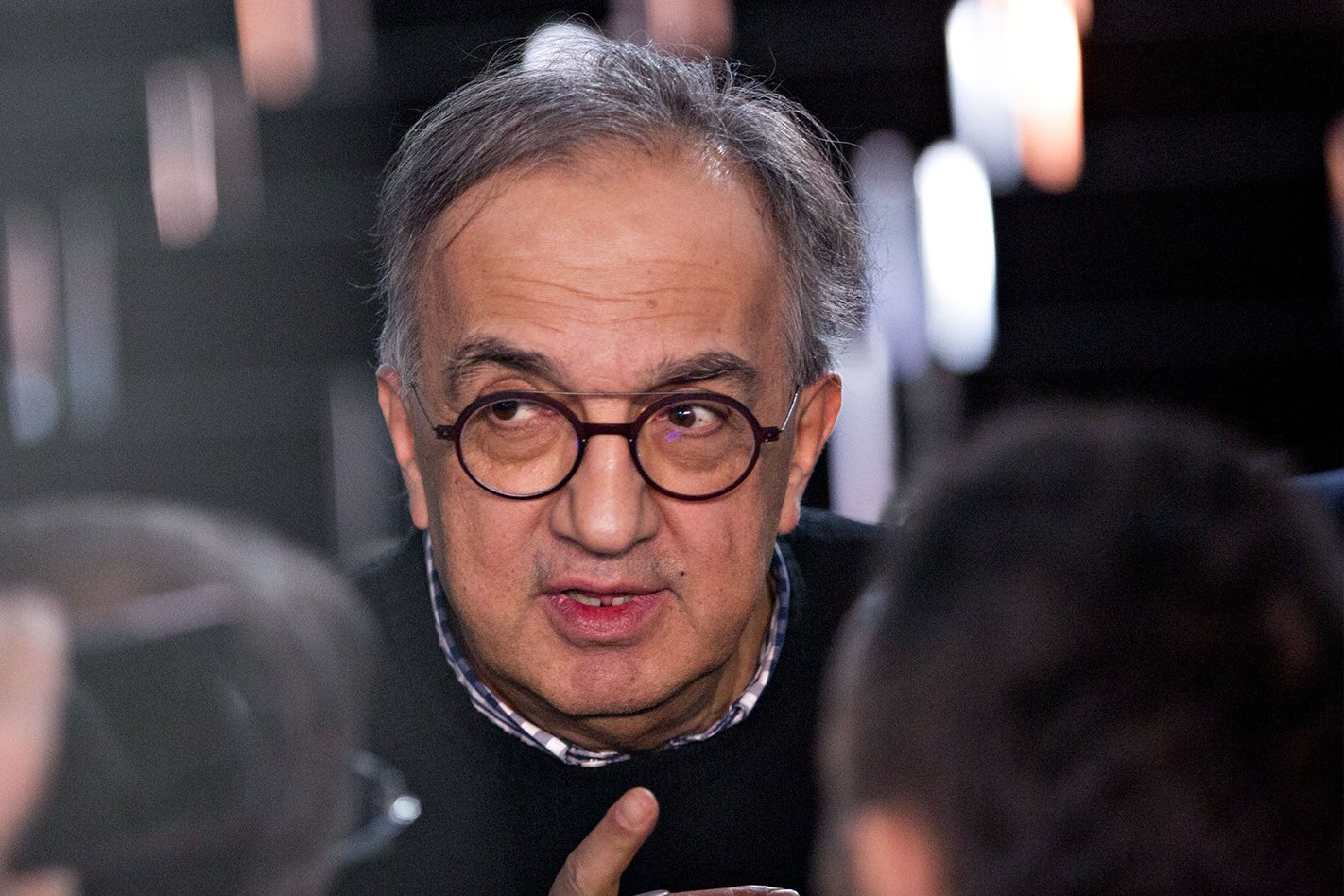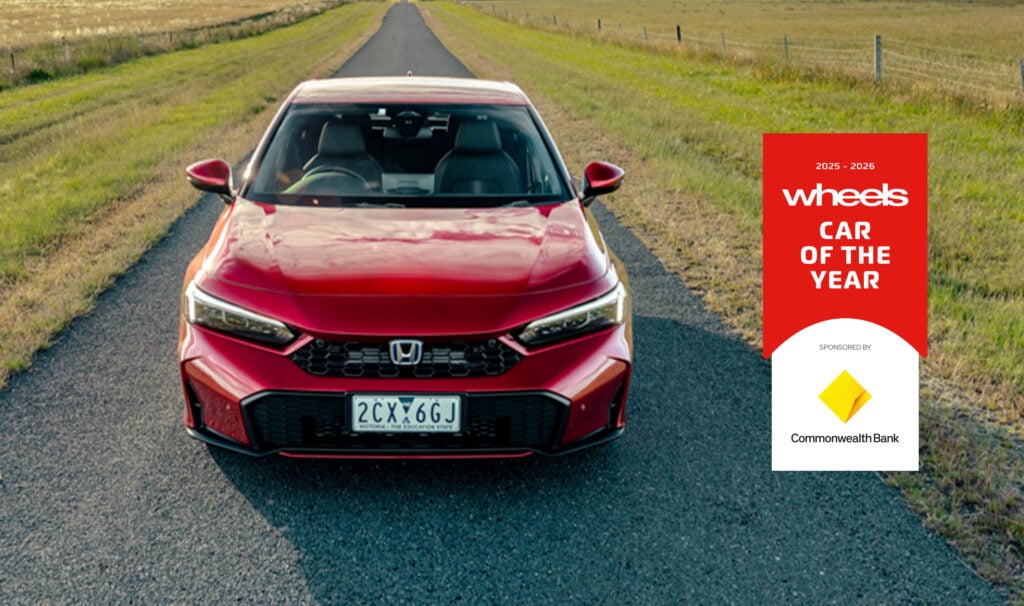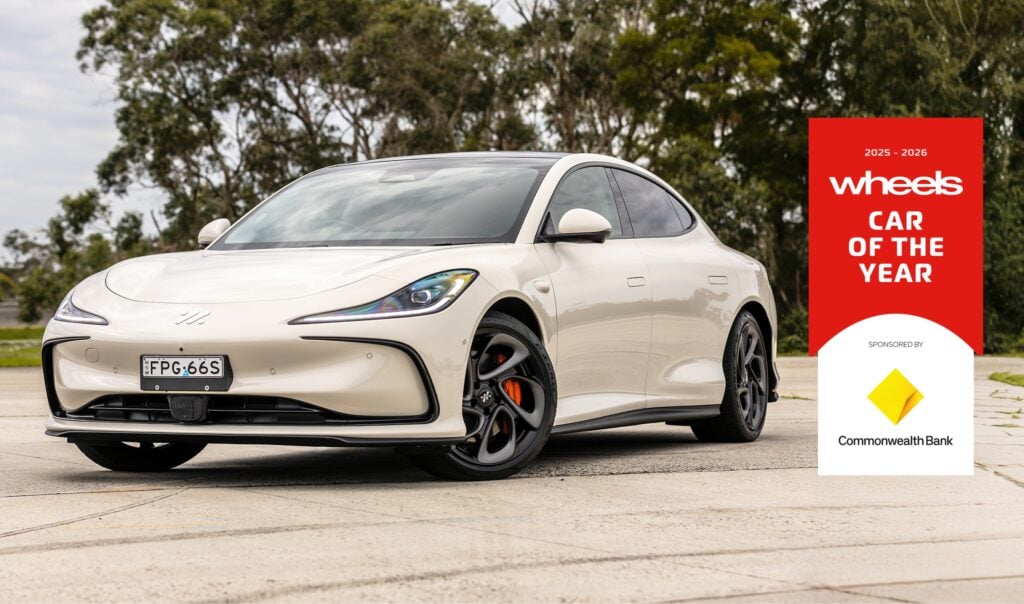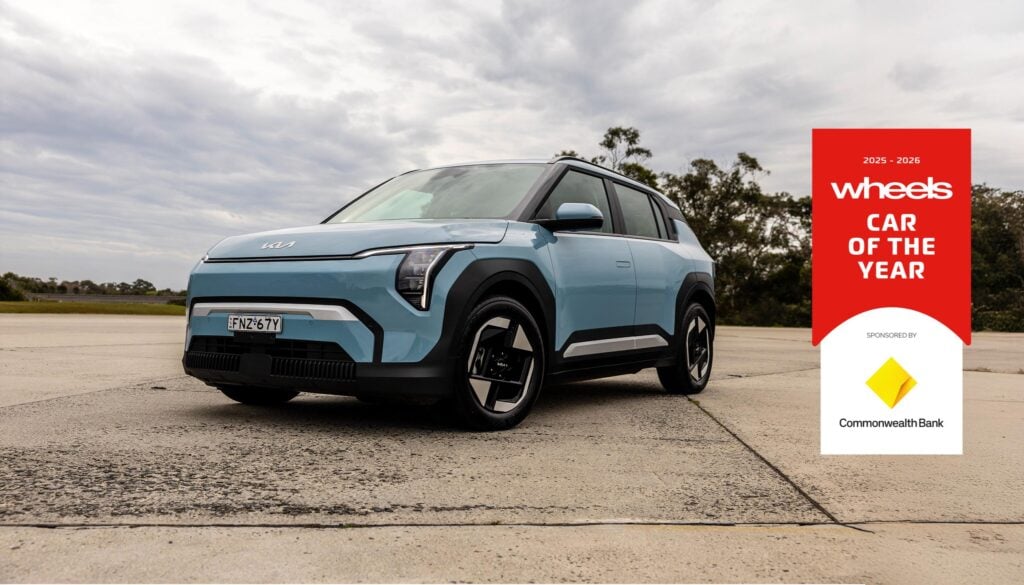FIAT Chrysler Automobiles (FCA) CEO Sergio Marchionne has used a typically unapologetic tone to reiterate the company’s stance on electrified vehicles and the technology that many other manufacturers claim will result in self-driving vehicles as early as 2019.
While almost all brands are claiming some form of driverless capability for vehicles within the next few years, the boss of the Italian/American automotive giant has used what may be one of his last media addresses to make it clear that FCA will not be adopting electrification or self-driving ambitions any time soon.
Speaking to the press at the North American International Auto Show, Marchionne said he was not yet convinced that the pursuit of autonomy and electrified vehicles made business sense, and had a stab at the brands that are taking a different approach.
“I don’t know of a guy or an entity or an organisation who is making money out of selling electric vehicles,” he said.
“I’ve heard all the announcements especially at shows like this, and whenever we go to auto shows the intensity with which we make these proclamations is without explanation.

It is widely known that the path of self-driving cars will not be obstructed by technological constraints but by the legislation necessary to unleash them into the wild. Marchionne said the delay would be far longer than many are speculating.
“The reference to the fact that these autonomous vehicles run the risk of being weaponised is one additional risk that will come up in the dialogue from us and the regulators about how to implement the technology in these cars.
“That process, even by itself, is a lot longer than people forecasted. So when people document the fact that we’ll have robotised cars on the road by 2019, it may be physically true in the sense that there are five vehicles out there, but we sell 17.5 million vehicles in this country a year.”

“The question is, is the preponderance of vehicles going to be robotised vehicles, and the answer is no. Are the majority of them going to be electrified, and the answer is no.
“I will continue to repeat that I am technology neutral,” he said.
As for electrification, Marchionne made no specific reference to Australia’s unique automotive landscape, but with zero buyer and owner incentives for electrified vehicles and meagre infrastructure, local prospects are likely to fall under a similar umbrella as in the US.
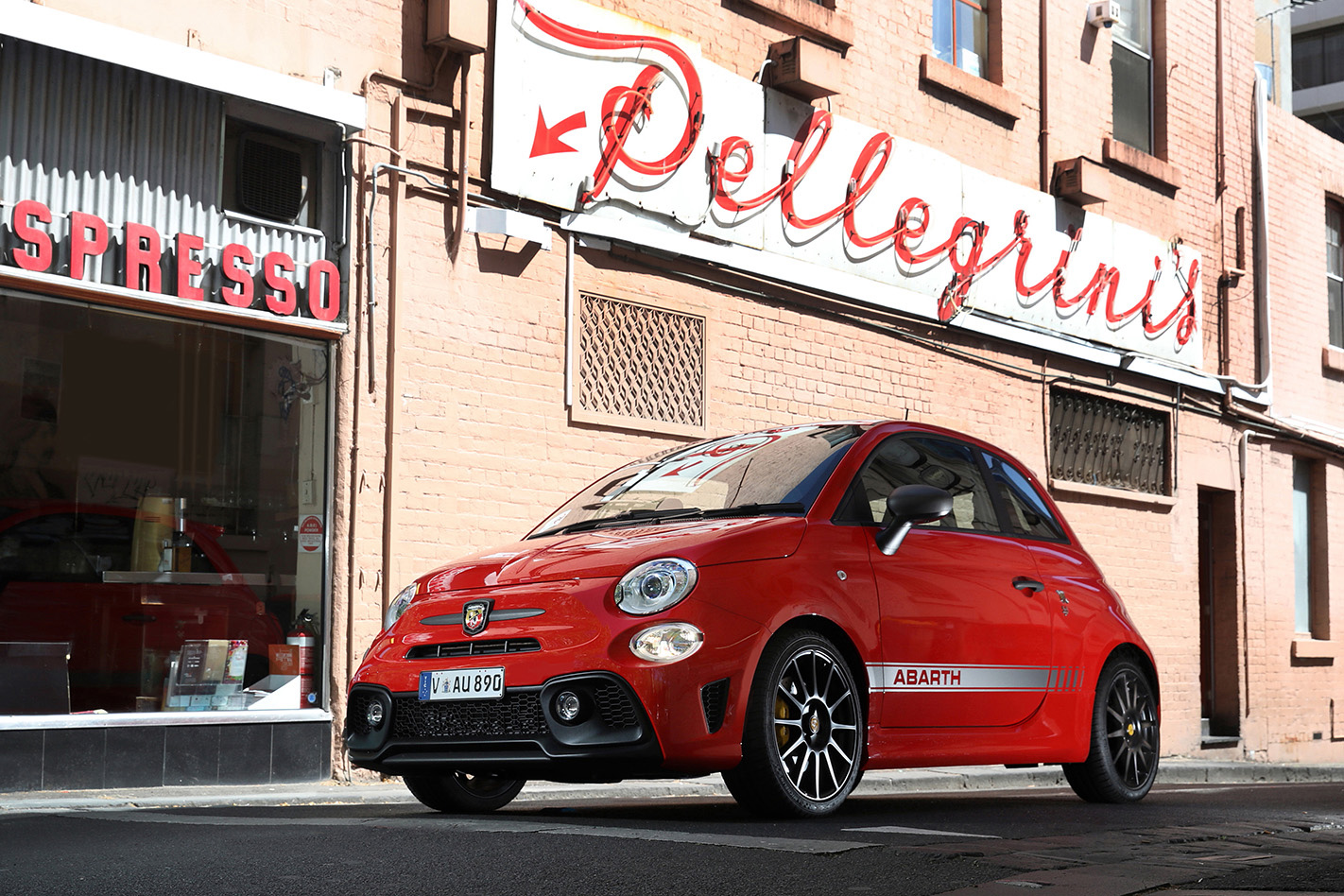
“Strangely enough, as a component the powertrain structure is going to become a lot more relevant in Europe than it is [in the US] and much faster. So making an announcement at the Detroit auto show that we’re going to have X number of vehicles electrified in the future may be true, but is it a wise economic thing to say? And the answer is probably not.
“Is there any guarantee that we are creating a new economic policy that is effectively sustainable and is defensible going forward, and the answer is no.”
When asked how the company intended to meet increasingly strict emissions regulations in Europe if it consistently abstained from EV and hybrid models, Marchionne said FCA products would continue to be powered by combustion powertrains until an obvious alternative prevailed.
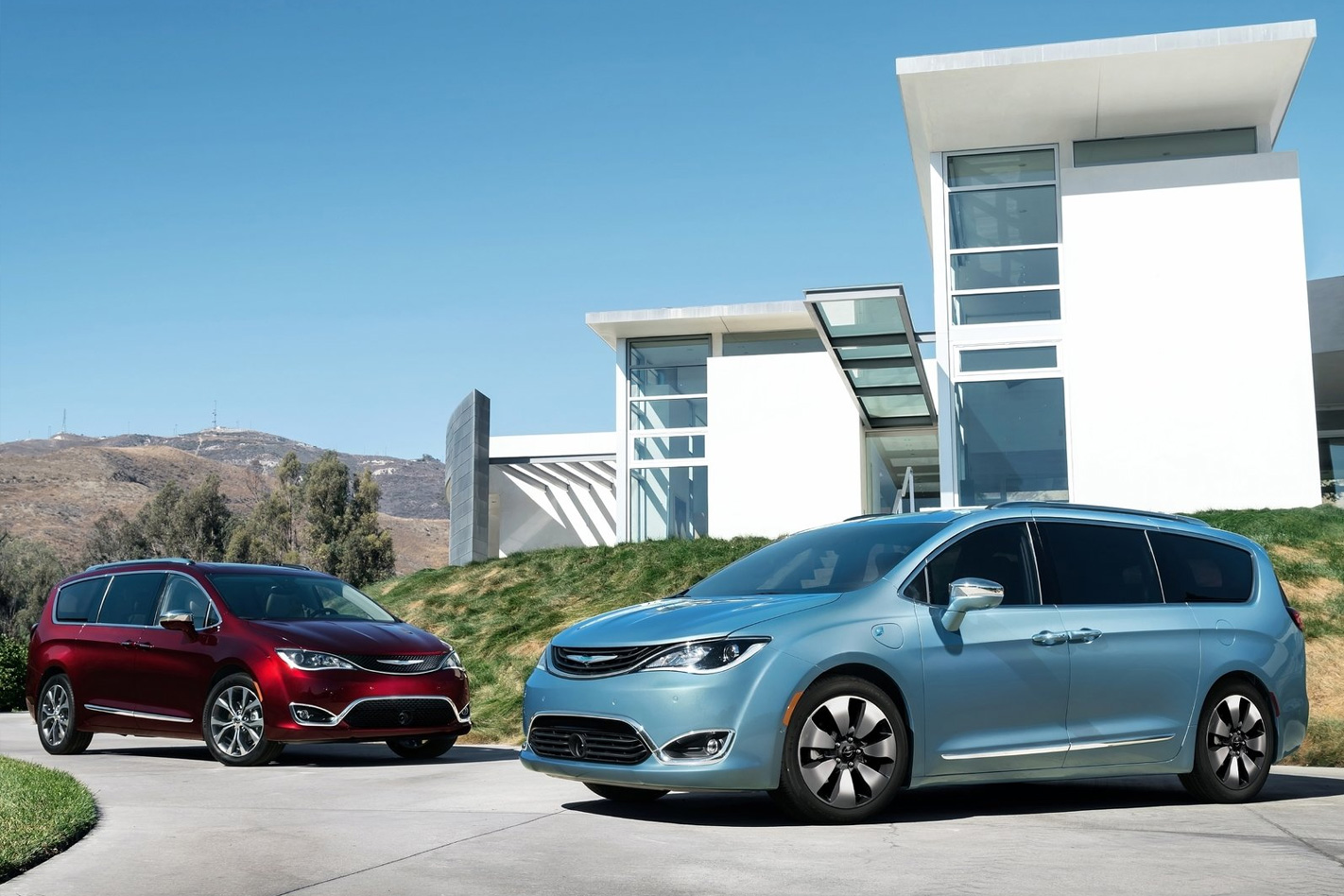
Far from being dismissive of carbon reduction plans, Marchionne said the company was striving to cut its vehicle’s CO2 emissions, but said he wasn’t convinced electric cars were the best approach.
“We don’t have a gun to our head. We do have very clear emission ambitions that are totally consistent with regulations in sight.
“The choice of electrical by itself may not be the answer. I don’t think we have answered the CO2 issue on electric. We just haven’t.”
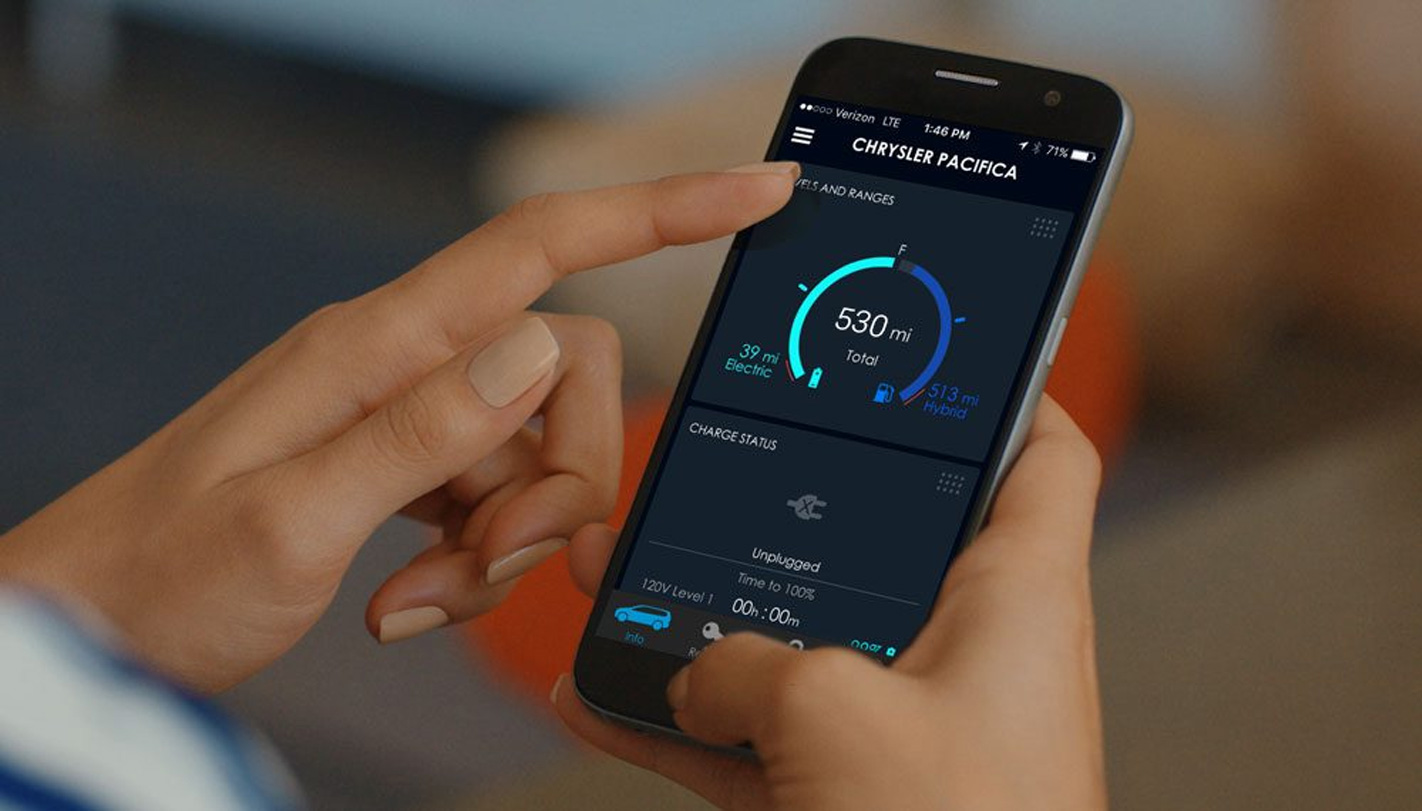
“[FCA Europe] will stop selling cars,” he said. “The great thing about Europe is that the punitive side associated will not comply. It’s so hard that it’s not working. We’ll just stop selling cars.
“It’s the only way you can do it. The fines associated with non-compliance… I’ve got a compliance officer and we’ve gone through this. It ain’t pretty. It really is not nice.”
Marchionne concluded by saying he believed such drastic action would not become a reality, and acknowledged that electrification will become mandatory in Europe.
While that means the future of FCA’s model line-up is safe in the US and most likely Australia, for now, Europe’s strict carbon rules may soon mark ground-zero for the start of FCA’s electrified future.
Sergio Marchionne will retire this year. His replacement is yet to be announced.


